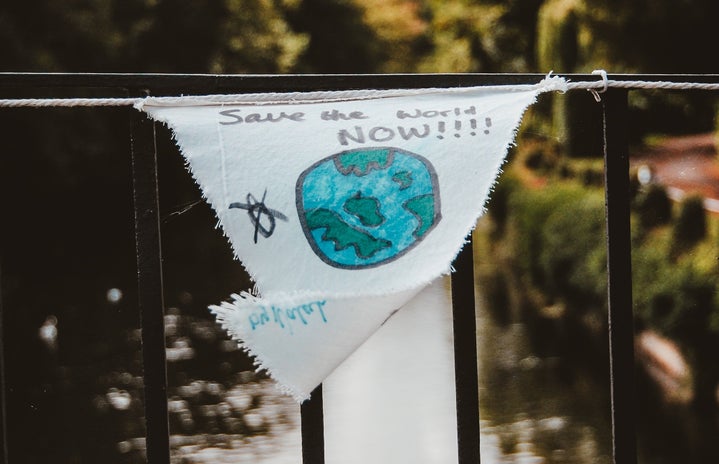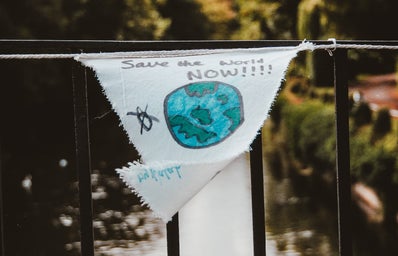“Tremendous amounts of talent are lost to our society just because that talent wears a skirt” -Shirley Chisholm
The list of admirable female Black leaders would take much more than the month of February to cover; Shirley Chisholm, however, demands a spotlight of her own for being the first Black woman to run for the presidential office.
She was a vanguard of the women’s rights movement building off the liberal political shift from the sixties which opened minds toward gender equality, she wanted to shift the country’s paradigm that a black woman just could not be president. Chisholm made it to the Democratic National Convention in fourth place, surpassing two other candidates. She shocked the nation with her boldness and refusal to sacrifice morality for popularity. When one of her segregationist running-mates was hospitalized in an attempted assassination, she ignored his racist political views and went to comfort him as a fellow human being, costing her the votes of some of her supporters.
All her life Shirley stood out in the best way. She had been sent during the Great Depression to receive a British education in Barbados, where her grandparents still lived. She returned with a passion for education, earning recognition in her high school debate team (a skill which would be very useful for her political career). Chisholm continued to be notable in academia, she attended Brooklyn College on scholarship, graduating cum laude and going on to get a masters degree in early childhood education from Columbia University.
The barrier of ‘firsts’ she broke down did not start with her presidential campaign, rather, much earlier in 1969 when she became the first Black congresswoman, a co-founder of the National Women’s Political Caucus (NWPC), as well as the Congressional Black Caucus (CBC). By the time she was vying for a spot on the democratic ticket in 1972 she was already extensively qualified and increasingly passionate about her main platforms of quality education for people of color, job placement for the underprivileged and opposition to the Vietnam war.
She never apologized for her ideals or who she was, instead she used her differences to promise change to her supporters. One change she she was invested in was the advancement of women in government, which is why she helped found the NWPC. The organization aims to help finance, guide and publicize women’s campaigns so they have a support system to help get into public offices, unlike Chisholm who had to campaign in the face of severe underfunding, understaffing, and of course discrimination from her white-male counterparts in congress.
Photo Via– https://www.hmdb.org/marker.asp?marker=105812
She was hard-pressed to secure supporters both in the public and the government due to sexism intersecting with racism, causing her potential audience to always be torn between at least one of their preconceived prejudices. Shirley noted that often it was her gender that posed a greater problem to her political progress, Congress really seemed more a gentleman’s club. Even in the CBC, which she had helped establish, the African American male leaders viewed securing nominations for Shirley’s presidential campaign as fruitless and wasteful in light of tough male competition.
Many of her coworkers underestimated Chisholm. In fact, her original assignment in the House of Representatives for the district of Brooklyn was on the Forestry Committee. Clearly this had been an attempt to sideline Chisholm—she had no background in this department as well as little constituent concern dedicated to forestry.
Unwilling to stay silent in the face of discrimination, she demanded reappointment to a position more directly correlated to her district. Her outspoken persistence allowed her to land a spot on the Veterans Affairs Committee instead. By the end of her seven terms as a sitting congresswoman she had successfully earned a spot on the Rules Committee, becoming the second woman ever to have such a powerful position.
The world may not have been ready for Shirley but she was ready to change the world. Clearly she did, as of Monday, January 21st, Senator Kamala Harris (D-CA) announced her entry into the 2020 presidential race. Harris harkened back to Chisholm’s 1972 campaign, the announcement video pulls from her color scheme and stays true to her “people’s politician” stance. Surely Shirley would be proud.


